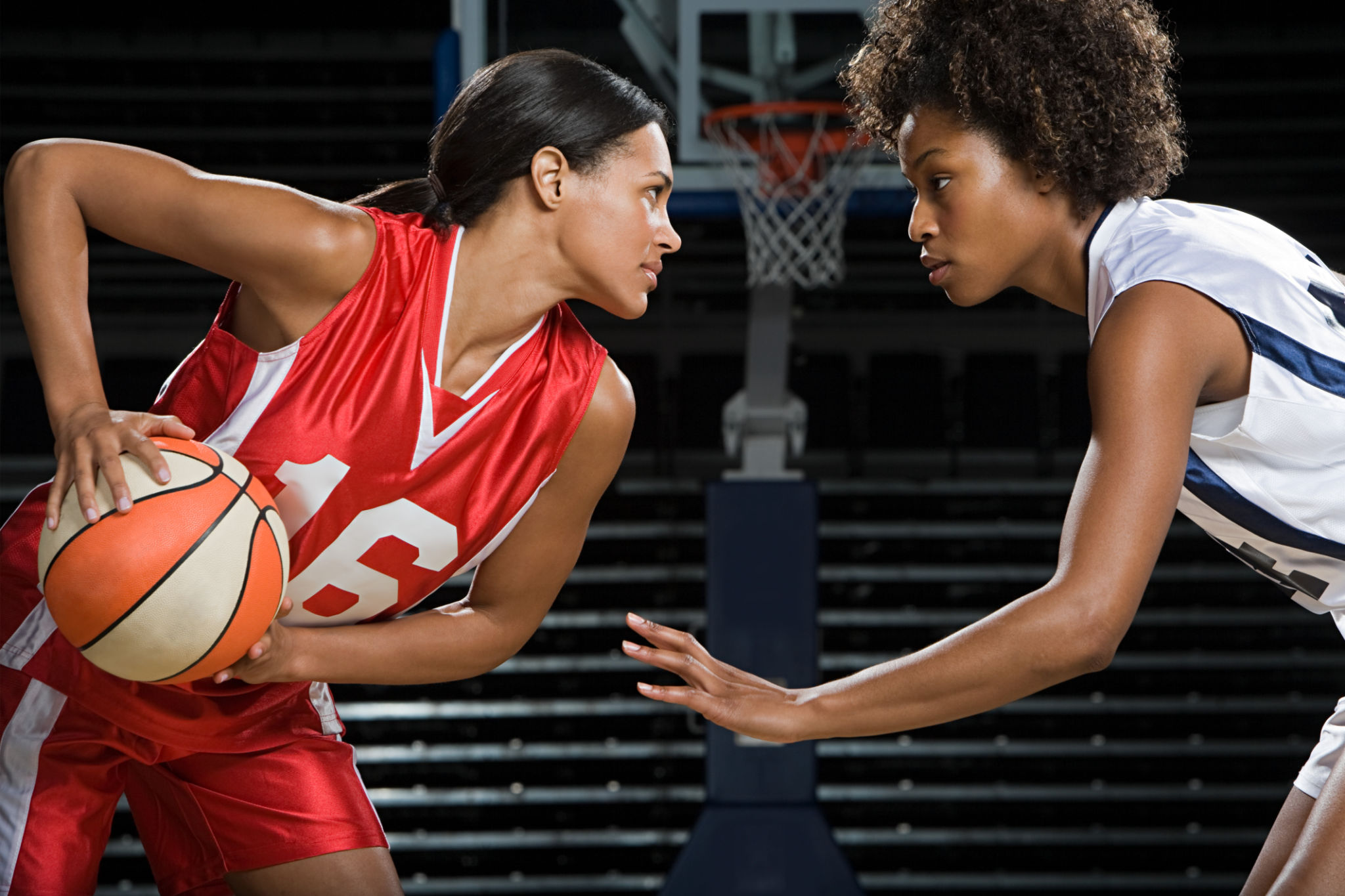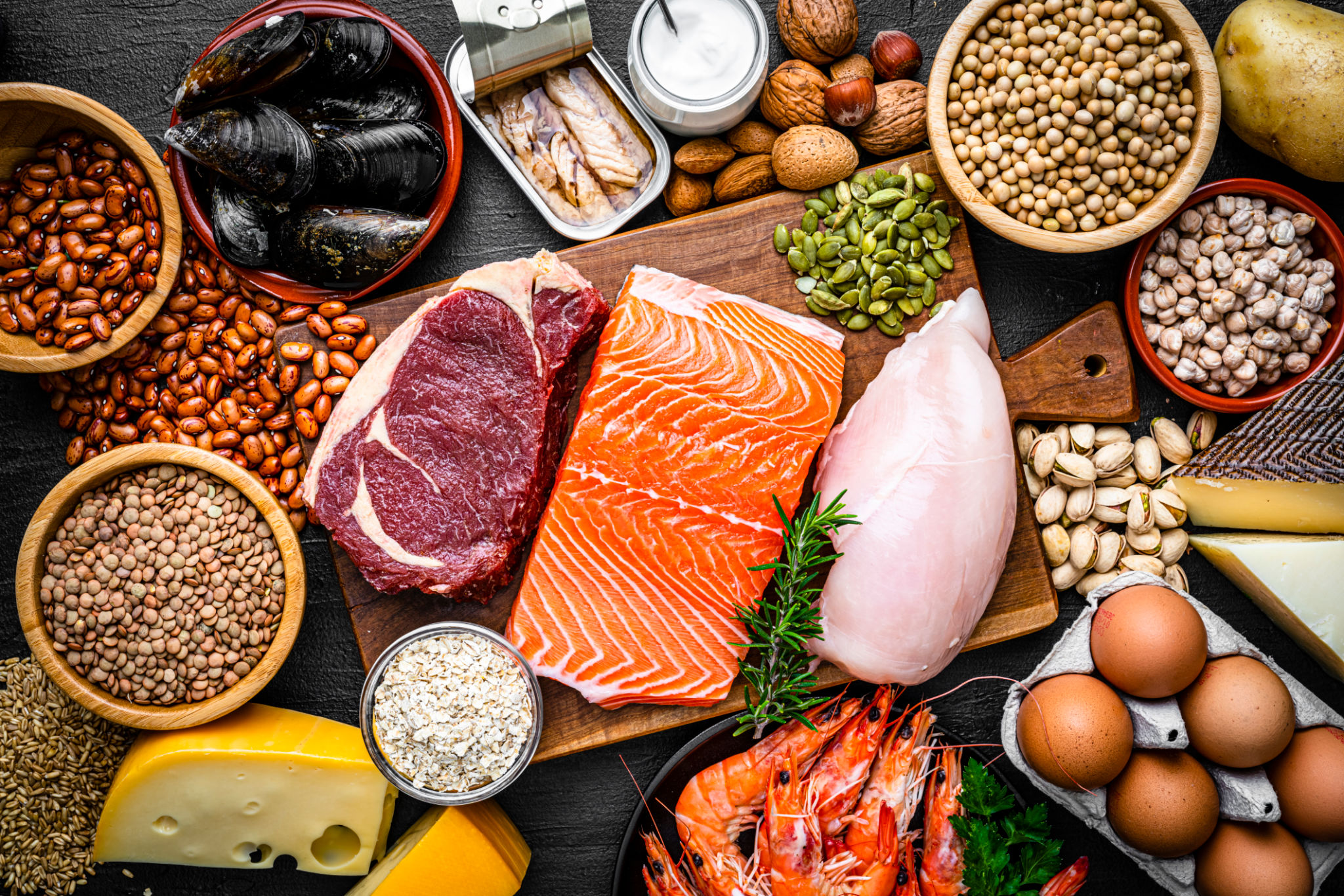The Ultimate Guide to Female Sports Nutrition: Fueling Your Performance
Understanding Female Sports Nutrition
Female athletes have unique nutritional needs that are essential for optimal performance and recovery. Understanding these needs can help you fuel your body effectively, enhancing your endurance, strength, and overall athletic performance. This guide will delve into the key aspects of sports nutrition specifically tailored for women.
Nutrition plays a crucial role in how well you perform in your sport. It’s not just about eating enough calories, but about consuming the right types of nutrients at the right times. This ensures that your body has the energy it needs to perform and recover efficiently.

Macronutrients: The Building Blocks
Carbohydrates: Your Energy Source
Carbohydrates are the primary source of energy for athletes. They are stored in the muscles and liver as glycogen, which is used during exercise. For female athletes, it's important to consume enough carbohydrates to maintain these glycogen stores. Aim for complex carbohydrates such as whole grains, fruits, and vegetables.
Proteins: Repair and Recovery
Protein is essential for muscle repair and recovery. Female athletes should ensure they are consuming enough protein to support muscle growth and repair. Good sources of protein include lean meats, dairy products, beans, and nuts. Aiming for a protein intake of about 1.2 to 2.0 grams per kilogram of body weight is generally recommended.

Fats: Essential for Health
Fats are often misunderstood in sports nutrition. However, they are essential for long-term energy, hormone production, and overall health. Focus on healthy fats such as those found in avocados, nuts, seeds, and olive oil. These fats can support sustained energy levels during prolonged exercise.
Micronutrients: The Small but Mighty
Iron: Vital for Oxygen Transport
Iron is crucial for female athletes as it plays a significant role in oxygen transport in the blood. Iron deficiency can lead to fatigue and decreased performance. Ensure adequate iron intake by consuming foods like red meat, spinach, and fortified cereals. Pairing these with vitamin C-rich foods can enhance iron absorption.

Calcium and Vitamin D: Bone Health
Calcium and vitamin D are vital for bone health, which is particularly important for female athletes who are at a higher risk of bone-related injuries. Dairy products, leafy greens, and fortified plant milks are excellent sources of calcium. Vitamin D can be obtained from sunlight exposure and foods like fatty fish and fortified products.
Hydration: Staying Fueled and Focused
Proper hydration is key to maintaining performance and preventing dehydration. Female athletes should aim to drink water regularly throughout the day and increase intake before, during, and after exercise. Electrolyte-rich drinks can also be beneficial, especially during prolonged or intense exercise sessions.
Timing Your Nutrition
When you eat is just as important as what you eat. Consuming a balanced meal with carbohydrates, protein, and fats about 2-3 hours before exercise can provide sustained energy. Post-workout nutrition should focus on replenishing glycogen stores and repairing muscles, ideally within 30 minutes to an hour after exercise.

Personalizing Your Nutrition Plan
Every athlete is different, and there is no one-size-fits-all approach to nutrition. It’s important to listen to your body and adjust your nutrition plan based on your individual needs, preferences, and performance goals. Consulting with a sports nutritionist can provide personalized guidance and help you optimize your diet for peak performance.
By understanding and implementing these nutritional strategies, female athletes can enhance their performance, recovery, and overall health. Remember, proper nutrition is a powerful tool in your athletic arsenal.
